Transmission Maintenance: How to Keep Your System Running SmoothlyProtecting the longevity of your transmission involves more than just keeping up with transmission maintenance—it requires understanding how your driving habits impact its performance. One aspect often overlooked for proper maintenance and performance is transmission cooling.
Proper cooling is an essential step in preventing the overheating of your vehicle and maintaining optimal function. Transmission maintenance is crucial to your vehicle's longevity on the road and overall performance. You can safeguard your vehicle from potential issues by exploring practical tips to keep your transmission system maintained, cooled, and running smoothly.
0 Comments
Summer Driving Safety Tips for a Successful Road TripEssential Summer Driving Safety TipsFollowing these summer driving safety tips can make your journeys safer and more enjoyable. Remember to stay vigilant, take regular breaks, and always prioritize your safety and that of others on the road. These are more than just tips. They are critical for ensuring your safety on the road this summer.
automotive repair shops near me | Transfer Case Troubleshooting Guide & Repair:The transfer case is a crucial component found in vehicles with all-wheel drive (AWD) or four-wheel drive (4WD) capability. It is responsible for allowing you to switch between these modes of operation. The transfer case, located at the rear of the transmission, operates like a secondary transmission unit. Most 4WD transfer cases have four modes of operation: two-high, neutral, four-low, and four-high.
Why Proper Wheel Alignment is Essential for Your VehicleHave you ever noticed your car pulling to one side while driving or experienced uneven tire wear? These seemingly minor issues can be symptomatic of a larger problem – improper wheel alignment. While it might not be the first thing that comes to mind when you think about vehicle maintenance, proper wheel alignment is a critical aspect of ensuring your vehicle's safety, performance, and longevity. In this blog, we'll look into the importance of maintaining proper wheel alignment, why it matters, and how it can affect your vehicle in the long run.
How Winter Weather Affects Your TransmissionWhen winter comes around, the falling snowflakes and chilly winds bring with them a unique set of challenges for your vehicle. While most drivers focus on ensuring their tires and brakes are winter-ready, one crucial component often overlooked is the transmission. Your vehicle's transmission plays a vital role in the way it operates, and understanding how winter weather affects it can save you from costly repairs and keep you safely on the road. In this blog, we'll explore the impact of winter weather on your transmission and provide some essential tips to keep it running smoothly through the cold months.
A Simple Guide to Navigating Motor Oil SelectionWe've all been there – facing a wall of motor oil options at the auto shop, wondering which one is right for our vehicle. Fear not, for at Best Western Transmission, we understand that the world of motor oils can seem like a maze, especially if you're not familiar with the technical terms. We're here to simplify the process and help you make an informed choice that aligns perfectly with your car's needs and your comfort level.
Oil Change 101: A Beginner's Guide to Engine VitalityMaintaining your car's engine is a crucial aspect of ensuring its longevity and optimal performance. At the heart of this maintenance routine lies a seemingly simple task with significant implications – changing the oil. In this comprehensive guide, we'll walk you through the steps of an oil change, demystifying the process and empowering you to take charge of your vehicle's health.
How Do I Jump-Start a Car?No matter how much you prepare, one day you will find yourself with a dead battery. It’s one of the certainties of life. The question is: when that happens, are you going to know what to do?
Well, there’s nothing to fear because everything you need to know to jump-start the battery back to life is right here for you! 5 Unexpected Benefits of a Transmission RebuildYour transmission is one of the most critical components of your vehicle. Transmission issues can be stressful, and what if the damage is beyond repair? There are two options for a fix, replacing or rebuilding the transmission. Most people automatically opt to replace the transmission because they think new is always better. However, this may not always be the best solution, as rebuilding can be just as good and offers many great benefits. When you have a transmission rebuild, it's important to know what the benefits are. Most people think of rebuilding a transmission to fix problems and get their car back on the road. However, there are some other benefits that you may not have considered. Here are five unexpected benefits of a transmission rebuild.
5 Essential Tools You Should Keep in Your VehicleUnexpected things can happen on any drive and while hitting the open road is always a fun adventure, it’s important to be prepared for anything that comes your way. Therefore, we've put together a list of 5 essential tools you should always keep in your vehicle. These tools can help you in several different situations, so be sure to pack them up in your vehicle. Toolkit
|
©
Best Western Transmission
Terms of Use | Privacy Policy | Accessibility
Terms of Use | Privacy Policy | Accessibility

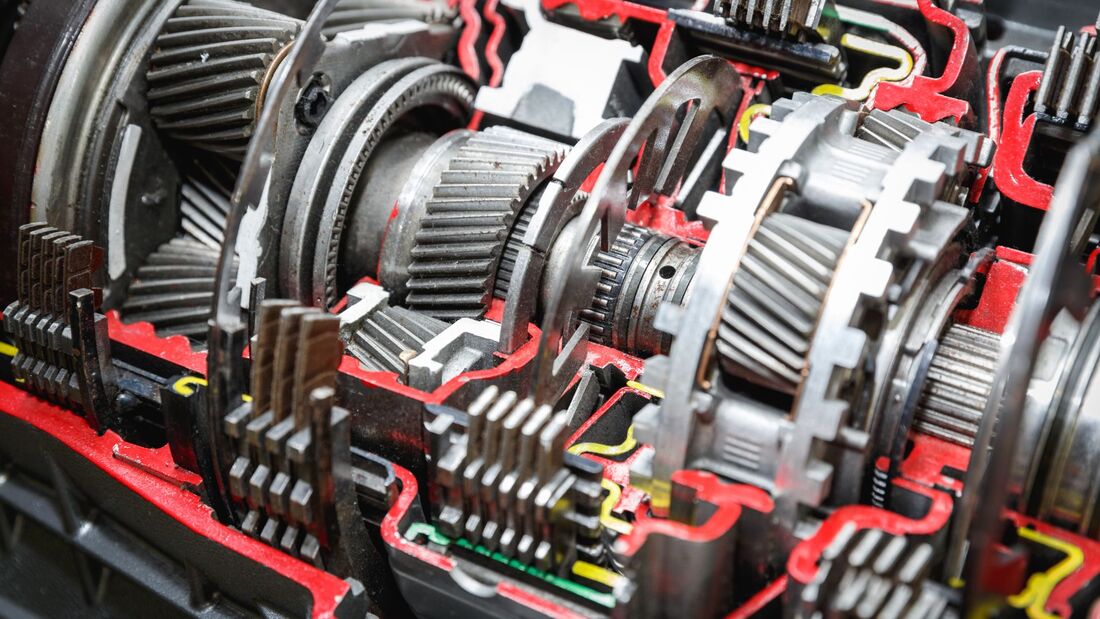

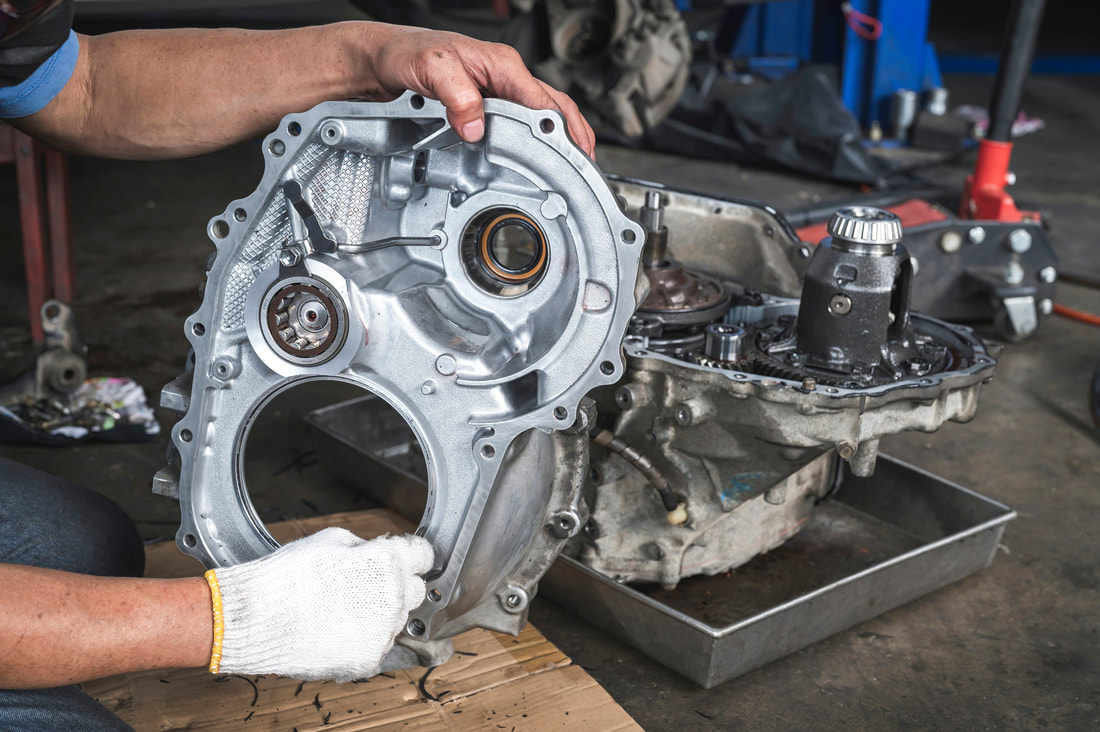
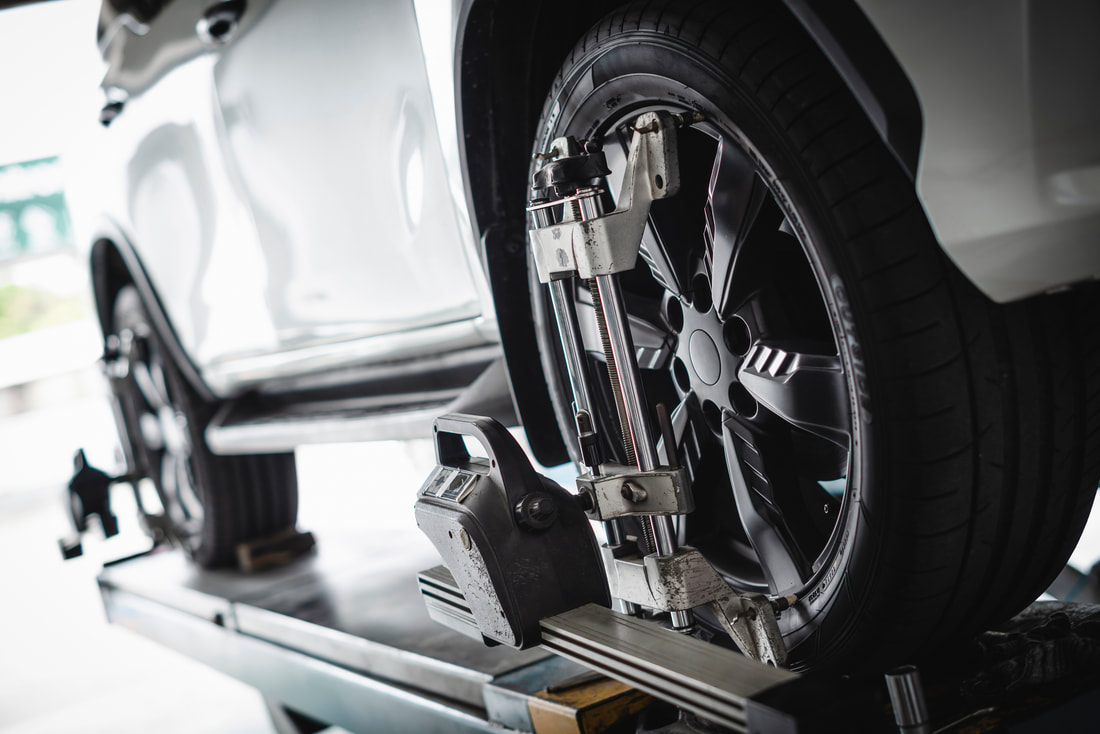


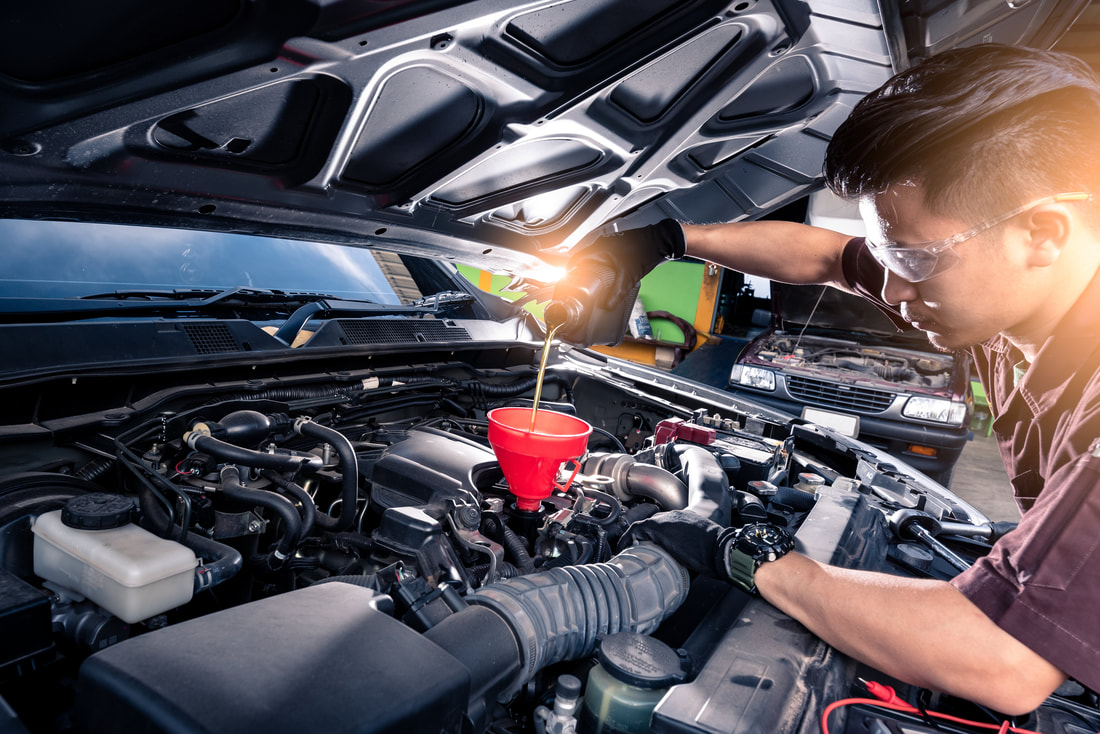
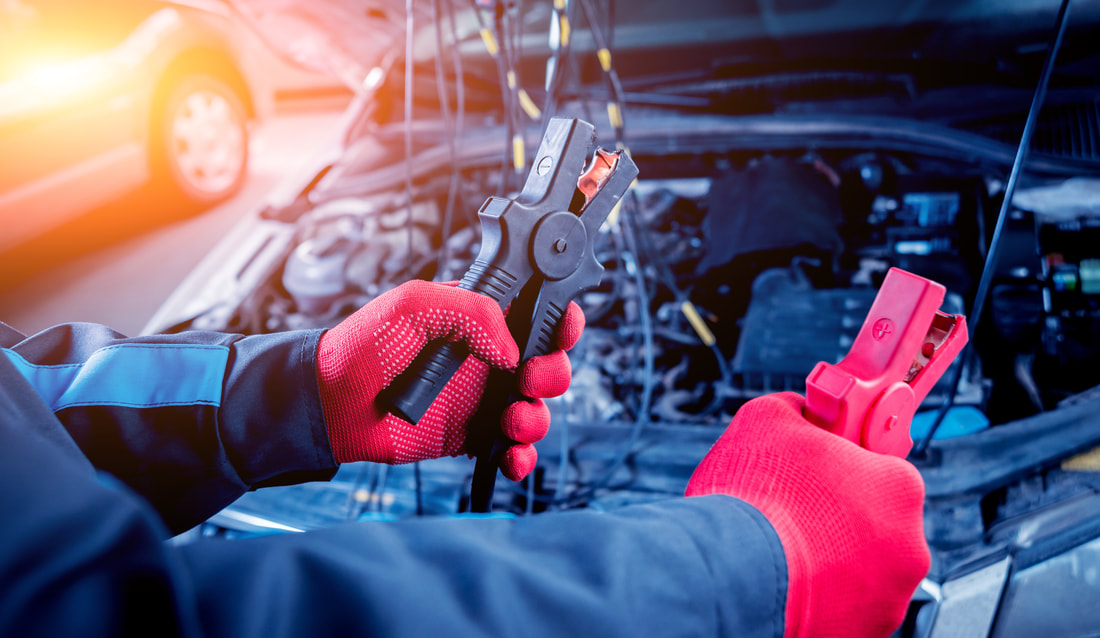
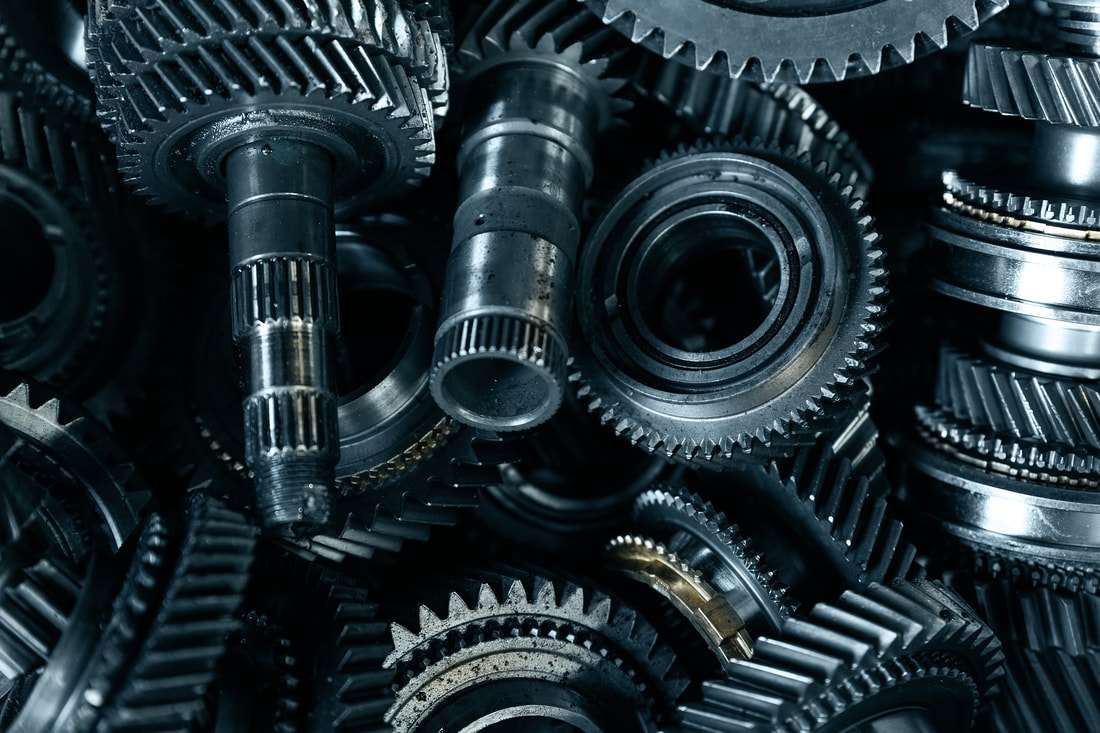
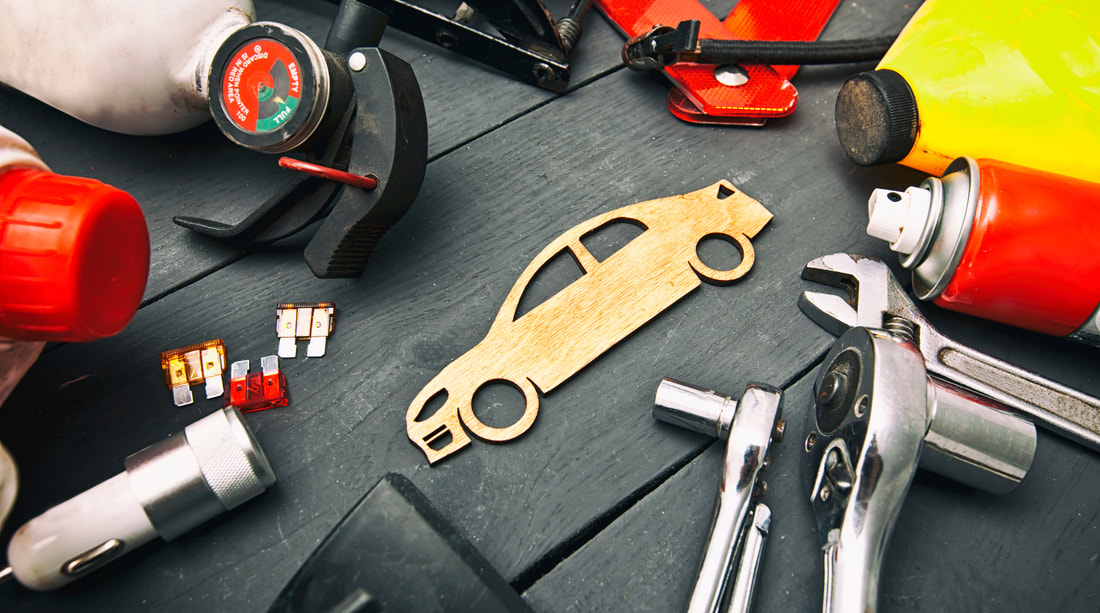
 RSS Feed
RSS Feed








